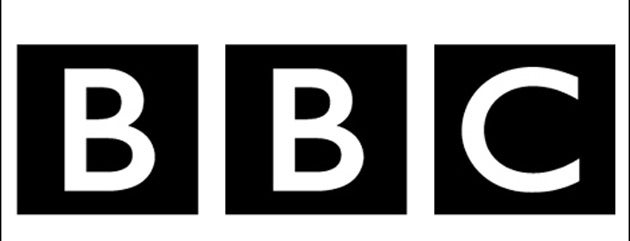BBC to axe 100 top jobs in drive to slash costs

Your support helps us to tell the story
From reproductive rights to climate change to Big Tech, The Independent is on the ground when the story is developing. Whether it's investigating the financials of Elon Musk's pro-Trump PAC or producing our latest documentary, 'The A Word', which shines a light on the American women fighting for reproductive rights, we know how important it is to parse out the facts from the messaging.
At such a critical moment in US history, we need reporters on the ground. Your donation allows us to keep sending journalists to speak to both sides of the story.
The Independent is trusted by Americans across the entire political spectrum. And unlike many other quality news outlets, we choose not to lock Americans out of our reporting and analysis with paywalls. We believe quality journalism should be available to everyone, paid for by those who can afford it.
Your support makes all the difference.The BBC is to cull more than 100 top management posts in a cost-cutting drive aimed at making savings of almost £20m.
The move will see the current total pay bill for more than 600 bosses, including director general Mark Thompson, reduced by 25 per cent over the next three and-a-half years.
The BBC Trust said today that it has agreed to proposals put forward by the BBC executive, which will affect 634 senior managers and nine members of the executive board.
The restructuring plans involve cutting the total senior management numbers by 18 per cent over the period up to the end of July 2013.
The Trust has also endorsed a new pay strategy for senior managers joining the BBC and agreed to proposals to freeze the pay of executive directors for a further three years, making a four-year freeze in all. The freeze will also apply to Mr Thompson's salary.
In February, the Trust set a challenge to the executive to look at the corporation's approach to pay in the light of the recession and licence fee payers' expectations. The move followed criticism of the money paid to BBC executives.
BBC Trust chairman Sir Michael Lyons said: "The Trust challenged the BBC executive to review senior pay at the BBC.
"Mark Thompson and his team have responded with a comprehensive set of proposals that strike the right balance between ensuring the BBC can attract the best people to do the job, while ensuring maximum value for the licence fee payer.
"Of course I realise this will have implications both for current and future BBC employees.
"However, it is right that as a major public service organisation, the BBC shows leadership on this issue during difficult economic times."
The new policy also sets out a strategy for growing talent within the BBC to the senior management ranks, to reduce the number of people brought in from outside the corporation.
There should also be a "clear and explicit discount" against the private sector when setting senior manager pay and all senior manager posts will be reviewed when they become vacant, according to the plans.
Mr Thompson will be in charge of implementing the proposals, with the Trust monitoring what happens.
The director general said that he and every other senior manager needed to recognise that "we are in a different economic climate, that the media sector labour markets are depressed and that there are significant pressures on public finances".
He continued: "A few months ago we announced our determination to reduce the amount we pay top on-air talent.
"The recommendations we have announced today seek to achieve similar reductions within our senior management community.
"Senior managers will see their total remuneration fall over the period, with the biggest reductions felt by those in the most senior positions."
Gerry Morrissey, general secretary of the broadcasting workers' union Bectu, warned the BBC not to impose a similar pay freeze on other employees.
"The Trust should concentrate on lower paid workers because there needs to be a redistribution of salaries. We will not accept a pay freeze for our members, who only had a nominal rise this year," he told the Press Association.
Shadow Culture Secretary Jeremy Hunt said the BBC had "missed an opportunity" to prove it is in tune with the public mood over high salaries.
He said: "Public anger was focused not just on the management itself but on the salaries paid to senior executives.
"The BBC needs to be careful that it doesn't lose the public's trust by being out of step on such an important issue."
Join our commenting forum
Join thought-provoking conversations, follow other Independent readers and see their replies
Comments